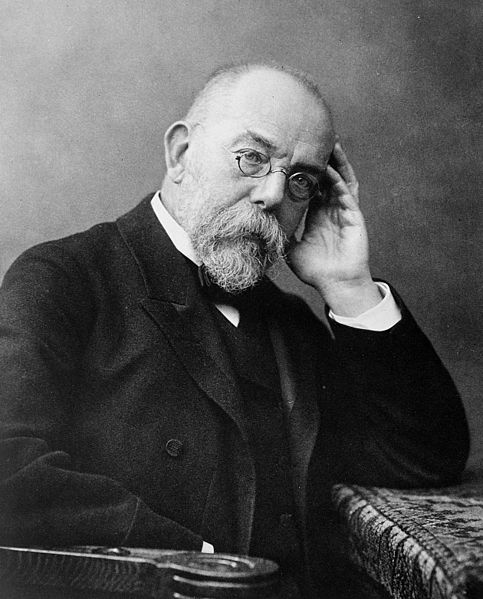In the medical profession, a general practitioner (GP) or family physician is a doctor who is a consultant in general practice. GPs have distinct expertise and experience in providing whole person medical care whilst managing the complexity, uncertainty and risk associated with the continuous care they provide. GPs work at the heart of their communities, striving to provide comprehensive and equitable care for everyone, taking into account their health care needs, stage of life and background. GPs work in, connect with and lead multidisciplinary teams that care for people and their families, respecting the context in which they live, aiming to ensure all of their physical and mental health needs are met. They are trained to treat patients to levels of complexity that vary between countries. The term "primary care physician" is more usually used in the US.
Francisco Vallés (Divino Vallés)
GPs in the United Kingdom may operate in community health centres.
A general practitioner's office in 1940
Internal medicine, also known as general internal medicine in Commonwealth nations, is a medical specialty for medical doctors focused on the prevention, diagnosis, and treatment of internal diseases in adults. Medical practitioners of internal medicine are referred to as internists, or physicians in Commonwealth nations. Internists possess specialized skills in managing patients with undifferentiated or multi-system disease processes. They provide care to both hospitalized (inpatient) and ambulatory (outpatient) patients and often contribute significantly to teaching and research. Internists are qualified physicians who have undergone postgraduate training in internal medicine, and should not be confused with "interns", a term commonly used for a medical doctor who has obtained a medical degree but does not yet have a license to practice medicine unsupervised.
Robert Koch, 19th century German physician and microbiologist
History and physical examination are a vital part of the diagnostic process.





